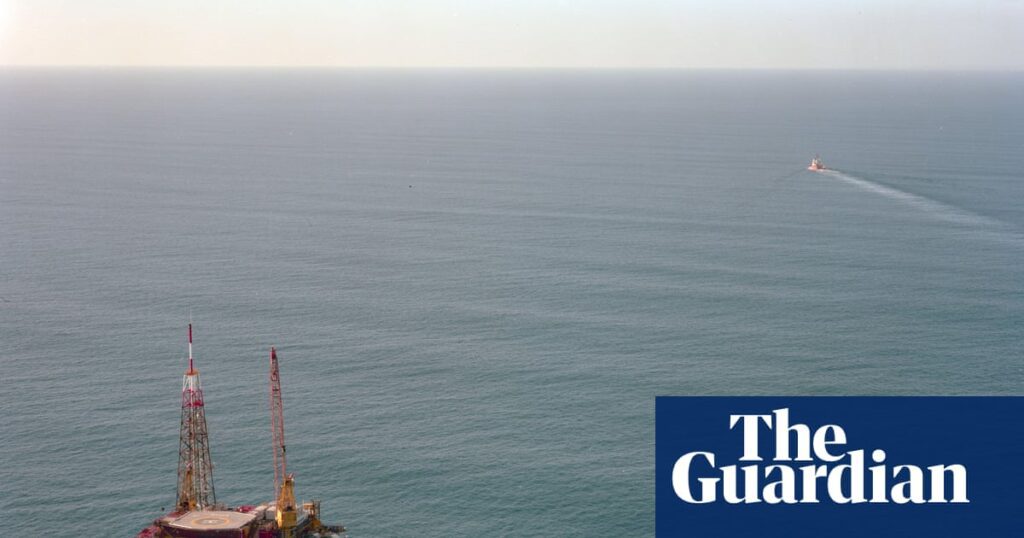A recent report from New Zealand’s Ministry of the Environment and Stats NZ reveals that the country’s oceans are warming 34% faster than the global average, posing significant risks to property and infrastructure. This includes 219,000 homes valued at NZ$180 billion (US$104 billion) in coastal and flood-prone areas, alongside US$26 billion worth of vulnerable infrastructure. Climate change is causing not only rising sea levels—projected to rise 20 to 30 centimeters by 2050—but also more frequent and severe coastal storms, threatening local communities and economies.
The report highlights accelerated marine heatwaves, ocean acidification, and shifts in marine ecosystems due to rising temperatures. The subtropical front, crucial for marine biodiversity, has moved westward by 120 kilometers, signifying significant changes in ocean circulation. These shifts threaten species like corals, sponges, and fish, and impact the fishing industry, which contributes NZ$1.1 billion to the economy.
Dr. Alison Collins, the chief scientific adviser, emphasized the urgency of understanding the interactions between climate change, oceans, and ecosystems, noting that gaps in this knowledge could lead to severe consequences for marine environments and human communities. The report calls for expanded research to enhance resilience and sustainability in the face of climate change.
Source link


